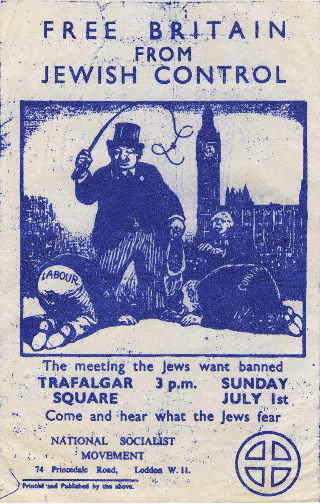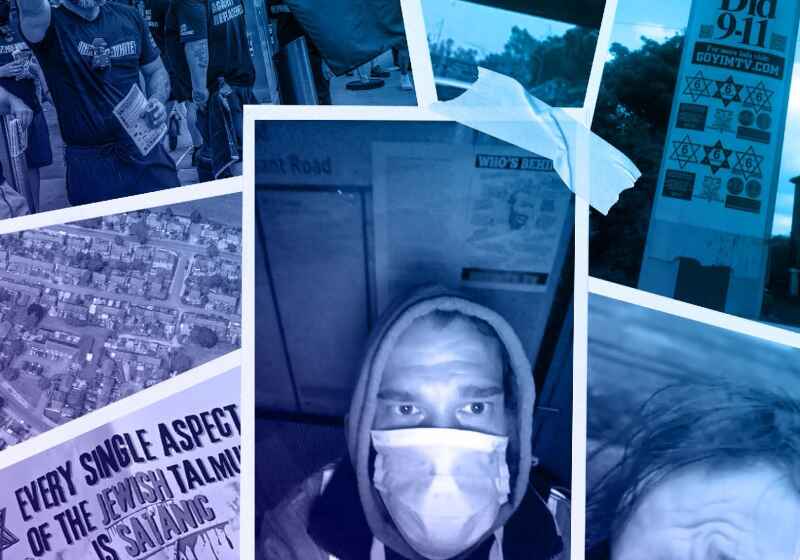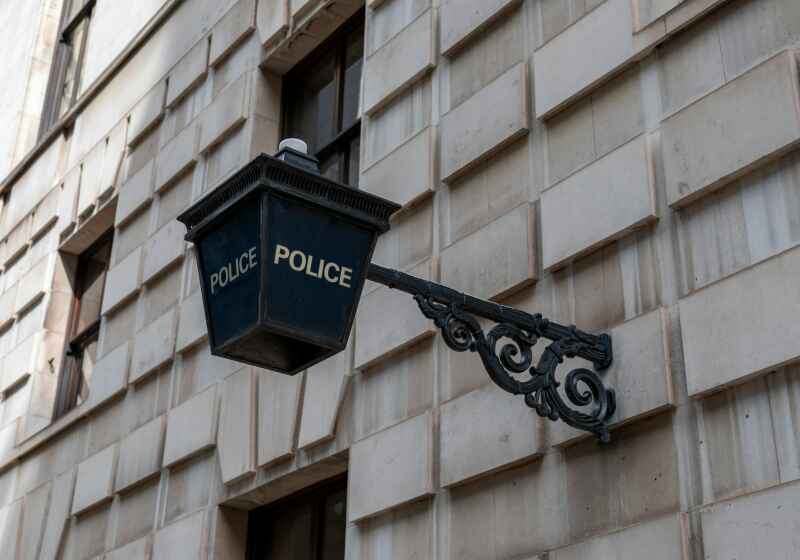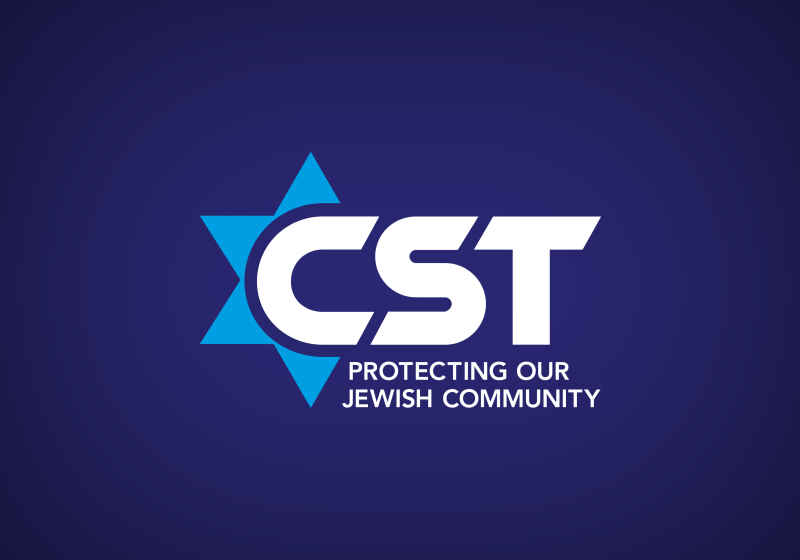CST Blog
Ridley Road, The 62 Group and CST
30 September 2021
This Sunday a new BBC drama series, Ridley Road, brings to life the story of the 62 Group: a Jewish street-fighting movement in the 1960s that was a forerunner of CST and remains a proud part of the Jewish community’s history of fighting antisemitism.

The 62 Group infiltrated far right organisations, smashed up their meetings and fought fascists on the streets of the UK. Decades later, some of its members went on to form CST – including, most notably, CST’s current Chairman Gerald Ronson. Jewish self-defence today as led by CST is different in many ways, but the principle of a community that can defend itself against antisemites lies at the heart of all CST’s work.
In the early 1960s the British far right was resurgent. Violent attacks on new immigrant communities were growing, Oswald Mosley was back on the scene and a new generation of neo-Nazis were behind dozens of arson attacks on Jewish community buildings. In July 1962, the National Socialist Movement held a mass rally in Trafalgar Square under the slogan “Free Britain from Jewish Control”. A riot broke out at the rally, and within a few weeks the 62 Committee (as the 62 Group was formally known) was born.
CST’s founder and Chairman, Gerald Ronson, was a member of the 62 Group and in his memoir, Leading From The Front, he explained how and why it was created:
“Very aggressive, extreme right-wing anti-Semitic gangs had been a problem in the UK for a long time. To combat them, a bunch of Jewish soldiers coming home from the war formed the 43 Group and used to go around at night painting anti-fascist slogans. As those men got older, and young men my own age took up the cause, a new group was formed, called the 62 Group. The leader was Cyril Paskin, who had fought in the jungles of Burma during the Second World War. We were like a mini-intelligence organisation to frustrate the fascists and disrupt what we could at their headquarters. We’d order sacks of crazy things which would get sent to particular people, like truckloads of sand. We did everything we could to put them out of business. But the really hardcore individuals, we dealt with physically.”
The 62 Group became known for its combination of intelligence, bravery, discipline and sheer determination not to let fascists have their way. There were numerous physical confrontations at fascist meetings and rallies (several of which are described in eye-witness accounts in this booklet written by Steve Silver for the Searchlight organisation, which also grew out of the 62 Group). They identified the people behind the arson attacks on the Jewish community and other hate crimes and played a significant role in disrupting the growth of the far right throughout the 1960s. It also spawned a generation committed to the struggle against fascism and antisemitism, and its legacy can be found in Searchlight, Hope Not Hate, CST and others.
By the time the 1970s came around, the far right was still very much a danger but the broader political context for anti-fascism had changed. Meanwhile the Jewish community faced a growing threat of terrorism connected to the Middle East that required a different approach to communal security. Gerald Ronson takes up the story in his memoir:
“I became chief fund-raiser for the 62 Group – we needed money not just to run the organisation but to pay fines – so I had some say about how it was run and what we should be doing. By now, however, I was beginning to think that being hooligans to fight hooligans wasn’t the smartest way we could fight the enemy. I knew I was dealing with a bunch of loonies, but I was thinking that we needed to beat the enemy by being more sophisticated than them. That meant setting up a new organisation. It had to be more than 200 well-meaning tough boys behaving in an undisciplined fashion. It had to look for long-term solutions and I felt that the greater Jewish community in Britain should fund it.”
This led to the formation of various groups to organise and fund this work, including the Jewish Aid Committee Of Britain (JACOB); the Group Relations Educational Trust (GRET); the Community Security Organisation of the Board of Deputies; and, finally, the Community Security Trust. The Association of Jewish Ex-Servicemen and Women (AJEX) played a vital role for many years.
Jewish communal self-defence is very different now from how the 62 Group did it. CST’s activities are entirely legal and we work in close partnership with the Police. But the principle of intelligence-led, self-organised communal defence remains the bedrock of CST’s work: We recently revealed how we worked with Searchlight to infiltrate the British National Party in the 1990s in an operation that identified David Copeland as the London nailbomber. This principle will endure for as long as antisemitism needs to be confronted, in a spirit that was best summed up by Steve Silver:
“The 62 Group followed in the footsteps of the militant defenders of the Jewish community who had come before it. With arsons being carried out on synagogues and serious provocations against Britain’s Jews, the community needed a force that could physically defend it. The antisemites soon discovered – often after hitting the pavement – that the stereotype of the weak, cowardly Jew was just another Nazi myth. Just as Judah Maccabee and his followers in biblical times had dealt hammer blows against the enemies of the Jewish community, so too did the 62 Group against their enemies in the 1960s. Like those who fought at the Battle of Cable Street in 1936 and the 43 Group in the 1940s, their activities are an inspiration, not only to Jewish people, but to communities that face racist attacks everywhere.”
Ridley Road will be aired on BBC One on Sunday 3 October, 9pm.


